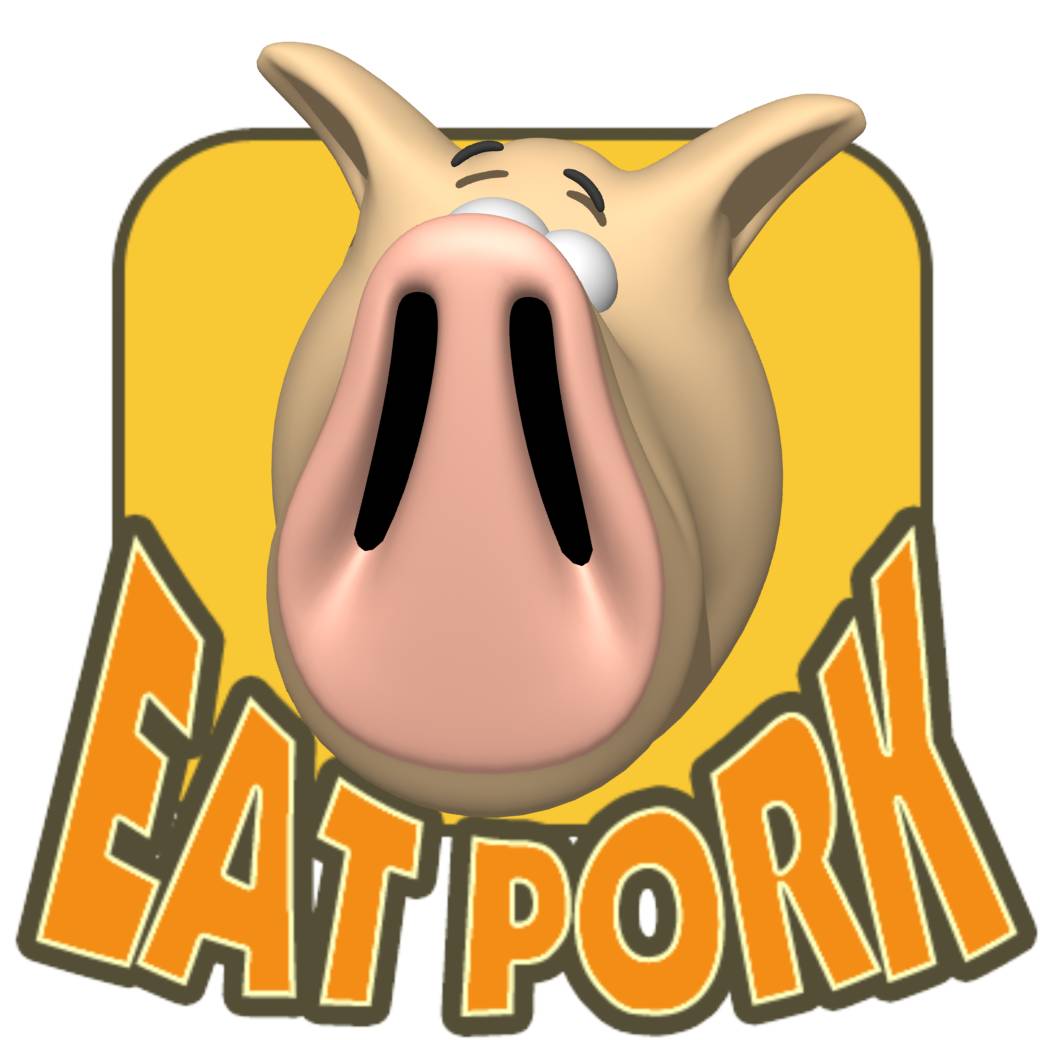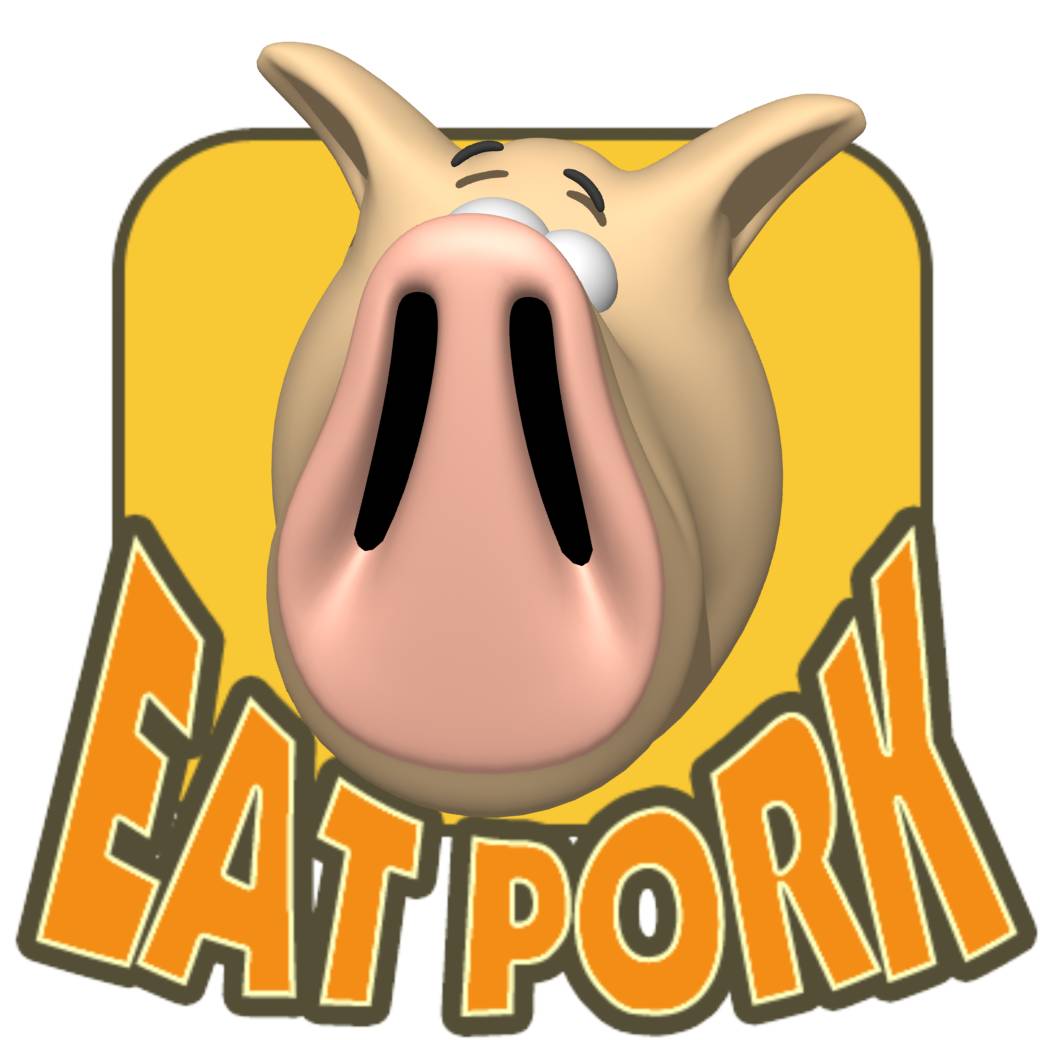What’s the big stir about genetically modified (GMO) foods? The video below discusses the issues of concern.
What does the Torah have to say about genetically modified organisms (GMO) or foods? Leviticus 19:19 addresses the issue. The type of genetic modification of plants and animals that we’re concerned about is that of forcing the DNA of one species into that of another. In reality, it’s a form of man-induced macro evolution where one species takes on the characteristics of another species. Micro-evolution is a natural phenomenon that occurs between like plant and animal species (e.g., diverse kinds of cats, apples, palm trees).This can occur through naturally (called adaptation) and through the human-induced processes of hybridization. This isn’t a bad thing, in most cases. However, there are no examples of macro-evolution in the creation despite evolutionists’ best efforts to prove otherwise. Evolutionists have failed to find the missing links between monkeys and men, or lizards and birds, or slime and amphibians — at least not until genetic engineering came along. Now they can create the missing link. This is not only an affront to the Creator, and goes contrary to the Bible, but it’s the opening of a Pandora’s box of all sorts of unintended evil consequences where man is playing God, while not knowing what the consequences will be.
The ancient biblical writings are amazingly prescient on this issue when the Torah forbids the mixing of dissimilar species (such as seeds and animal species), which were separated in the creation by Elohim, and that he established to reproduce after their own kind.
The Creator simply commands men not to mix diverse kinds (species) without giving the reasons. We are to assume that he knows best whether we understand the technical reasons or not.
Since the recent emergence of the science of genetic engineering and the negative consequences of some aspects of it, perhaps the Creator’s prohibitions against mixing dissimilar species now makes more sense.
Here are the scriptural prohibitions:
- Ye shall keep my statutes. Thou shalt not let thy cattle gender with a diverse kind: thou shalt not sow thy field with mingled seed: neither shall a garment mingled of linen and woollen come upon thee. (Lev 19:19)
- Thou shalt not sow thy vineyard with divers seeds: lest the fruit of thy seed which thou hast sown, and the fruit of thy vineyard, be defiled. (Deut 22:9)
Here are some excerpts from some Bible commentaries on Leviticus 19:19 pertaining to this subject:
- These practices might have been considered as altering the original constitution of God in creation; and this is the view which the Jews, and also Josephus and Philo, take of the subject. (The Treasury of Scripture Knowledge on Lev 19:19)
- Here is, I. A law against mixtures, Lev. 19:19. God in the beginning made the cattle after their kind (Gen. 1:25), and we must acquiesce in the order of nature God hath established, believing that is best and sufficient, and not covet monsters. Add thou not unto his works, lest he reprove thee; for it is the excellency of the work of God that nothing can, without making it worse, be either put to it or taken from it, Eccl. 3:14. As what God has joined we must not separate, so what he has separated we must not join. (Matthew Henry’s commentary on Lev 19:19)
- By these laws the observance of the natural order and separation of things is made a duty binding ion the Israelites…as a divine ordinance founded in the creation itself (Gen 1:11, 12, 21, 24, 25). All symbolic, mystical, moral, and utilitarian reasons that have been supposed to lie at the foundation of these commands, are foreign to the spirit of the law. (Keil and Delitzsch on Lev 19:19).
- God created the world with certain distinct species, and His wisdom decreed that these species remain intact and unadulterated. For man to take it upon himself to alter the order of Creation suggest a lack of faith in God’s plan. Moreover, each species on earth is directed by a Heavenly force, so that the earthly species represents profound spiritual forces. To tamper with them is to cause harm that earth-bound man cannot fathom. (The ArtScroll Stone Edition Chumash on Lev 19:19)
- …God’s Creation should be permitted to function according to the laws of nature that He instituted, without tampering by man. It should be noted that these laws of mixture are limited to specific matters [i.e., cross-mixing of species], and do not limit the infinite number of alloys or combinations that are so much a part of modern life. To the contrary, man is duty bound to improve the world and, in a sense, “complete” the work of the Creation. (The ArtScroll Tanach Series Levticus Commentary on Lev 19:19)
With regard to GMO foods, there’s the issue of what is biblically kosher or not. If foods are genetically altered, who knows if what one thinks he is eating is actually totally that. Within the milk you’re drinking or the steak you’re eating there may be genes from an unkosher animal.
Now here’s the video:






